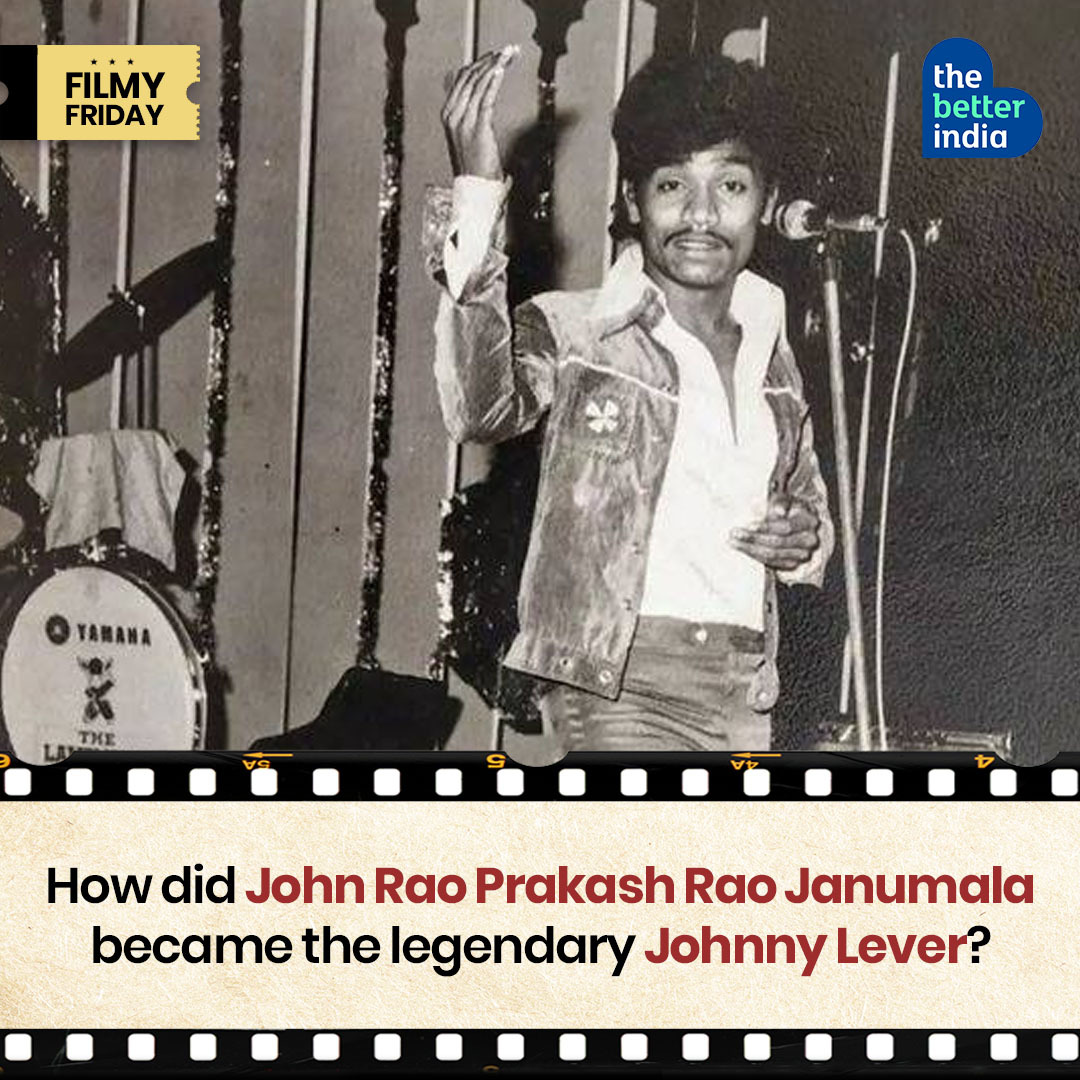
(1/11) Sarika Panda Bhatt, a resident of Gurugram, is a cycling enthusiast leading the spokes for change with unique campaigns that promote safe walking and cycling in urban areas. 

(2/11) Also the founder of Raagiri Day, India’s first car-free day campaign, Sarika launched an extraordinary movement to raise awareness about pollution, health, and cycling.
(3/11) While she first launched the campaign in Gurugram in November 2013, it has now grown to over 70 locations in India.
Sarika is an architect and urban planner by profession and also the ‘Bicycle Mayor’ of Gurgaon under the BYCS program.
Sarika is an architect and urban planner by profession and also the ‘Bicycle Mayor’ of Gurgaon under the BYCS program.
(4/11) An international NGO, BYCS is guided by the belief that bicycles can transform urban cities.
The environmental activist has always questioned that If half of India is either cycling or using two-wheelers, then why do we continue designing our stress for cars?
The environmental activist has always questioned that If half of India is either cycling or using two-wheelers, then why do we continue designing our stress for cars?
(5/11) For Sarika, streets need to be designed for the public, and safe roads are the need for the hour for all users.
(6/11) The Raahgiri foundation actively advocates for constructing cycle paths, making proper sidewalks, dedicating spaces for pedestrians, and making green belts on sections of roads.
Sarika says that it is her mission to ‘re-cycle’ Indian cities.
Sarika says that it is her mission to ‘re-cycle’ Indian cities.
(7/12) “The way automobiles are promoted, and the infrastructure that they get makes cycling tedious and unsafe…Therefore, we need to recycle our cities, starting with our street design,” she tells BYCS.
(8/11) According to the Gurugram bicycle mayor, the biggest problem is the lack of cycling infrastructure and no incentives for employees who cycle to work.
(9/11) As the mayor, she hopes to use her urban planning skills and works with the local government to create an infrastructure for cycling.
(10/11) “My experience with Raagiri Day has shown that engaging with public, private, and communities can bring about positive change….I can bring the knowledge around creating impact at scale,” she adds.
Sarika’s efforts are returning Gurugram’s streets to its citizens.
Sarika’s efforts are returning Gurugram’s streets to its citizens.
• • •
Missing some Tweet in this thread? You can try to
force a refresh


















